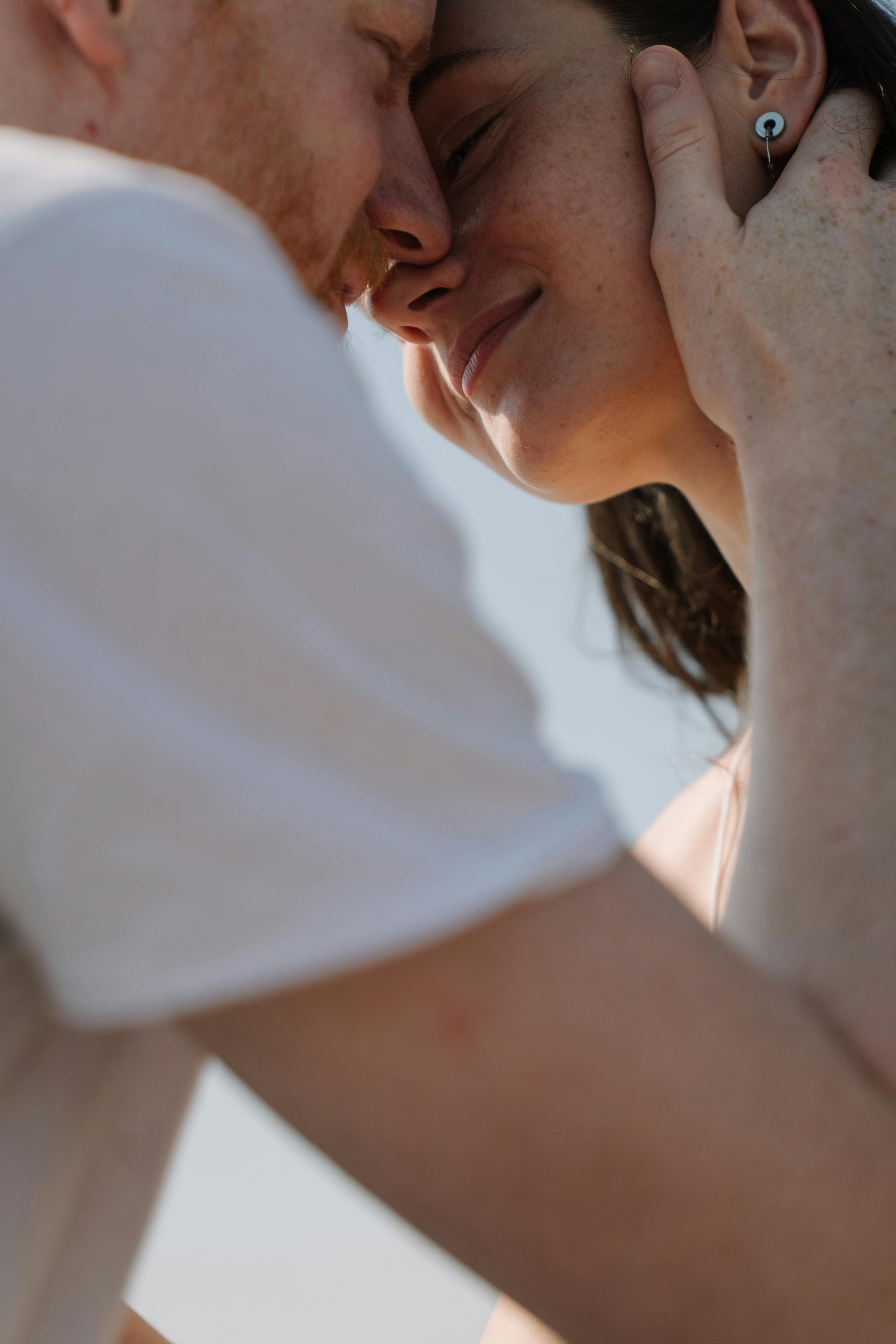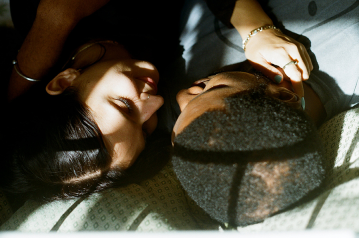The risk of miscarriage after IVF: What the data says

Going through IVF is already an emotional rollercoaster — and for many, the biggest fear after a positive test is miscarriage. We know that this can be a huge source of anxiety for people after getting their positive test — particularly when waiting to have your first scan to confirm a heartbeat. Miscarriage can happen after IVF just as it does with pregnancies without fertility treatment, often known as natural conception, but the numbers and influencing factors aren’t always well understood. The truth is, IVF doesn’t automatically mean a higher risk of miscarriage, though age, embryo quality, and underlying fertility issues can all play a role. Keep reading to unpack what the data actually says.
What is miscarriage?
A miscarriage is the loss of a pregnancy before 20 weeks. It’s more common than many realize, affecting an estimated 10–20% of known pregnancies in the U.S. While IVF pregnancies carry some unique considerations, miscarriage risk is influenced by many of the same factors as natural conception.
Miscarriage rates after IVF
Studies suggest that miscarriage rates after IVF are similar to those in natural conception when comparing women of the same age. For women under 35, the risk after IVF is around 15–20%, which is in line with the general population. However, miscarriage risk increases with maternal age:
- Under 35: ~15–20%
- 35–37: ~20–25%
- 38–40: ~25–30%
- Over 40: up to 40% or higher
Embryo quality, genetic testing, and whether a fresh or frozen transfer is used can also affect outcomes.
What factors influence miscarriage risk in IVF?
- Age: The single biggest factor, since egg quality declines with age
- Embryo quality: Chromosomal abnormalities are the most common cause of miscarriage
- Underlying health conditions: Thyroid issues, diabetes, or uterine abnormalities can increase risk
- Lifestyle factors: Smoking, high alcohol intake, or obesity may play a role
- Treatment approach: Use of preimplantation genetic testing (PGT-A) can reduce miscarriage risk by identifying chromosomally normal embryos
How does IVF compare to natural conception?
When adjusted for age, the overall miscarriage risk after IVF is similar to natural conception. IVF doesn’t inherently make miscarriage more likely — but people undergoing IVF are often already at higher risk due to age or fertility issues, which can make miscarriage rates appear higher in this group.
The emotional side of miscarriage after IVF
Statistics only tell part of the story. For people who’ve invested years, money, and hope into IVF, miscarriage can feel devastating. Grief, guilt, and fear about trying again are common. Access to counseling and support groups can be crucial in navigating this part of the journey.
The bottom line
Miscarriage after IVF is a real risk — but it’s not automatically higher than natural conception once age and health factors are considered. What matters most is personalized care, open conversations with your doctor, and support that acknowledges both the medical and emotional sides of the experience.




.png)